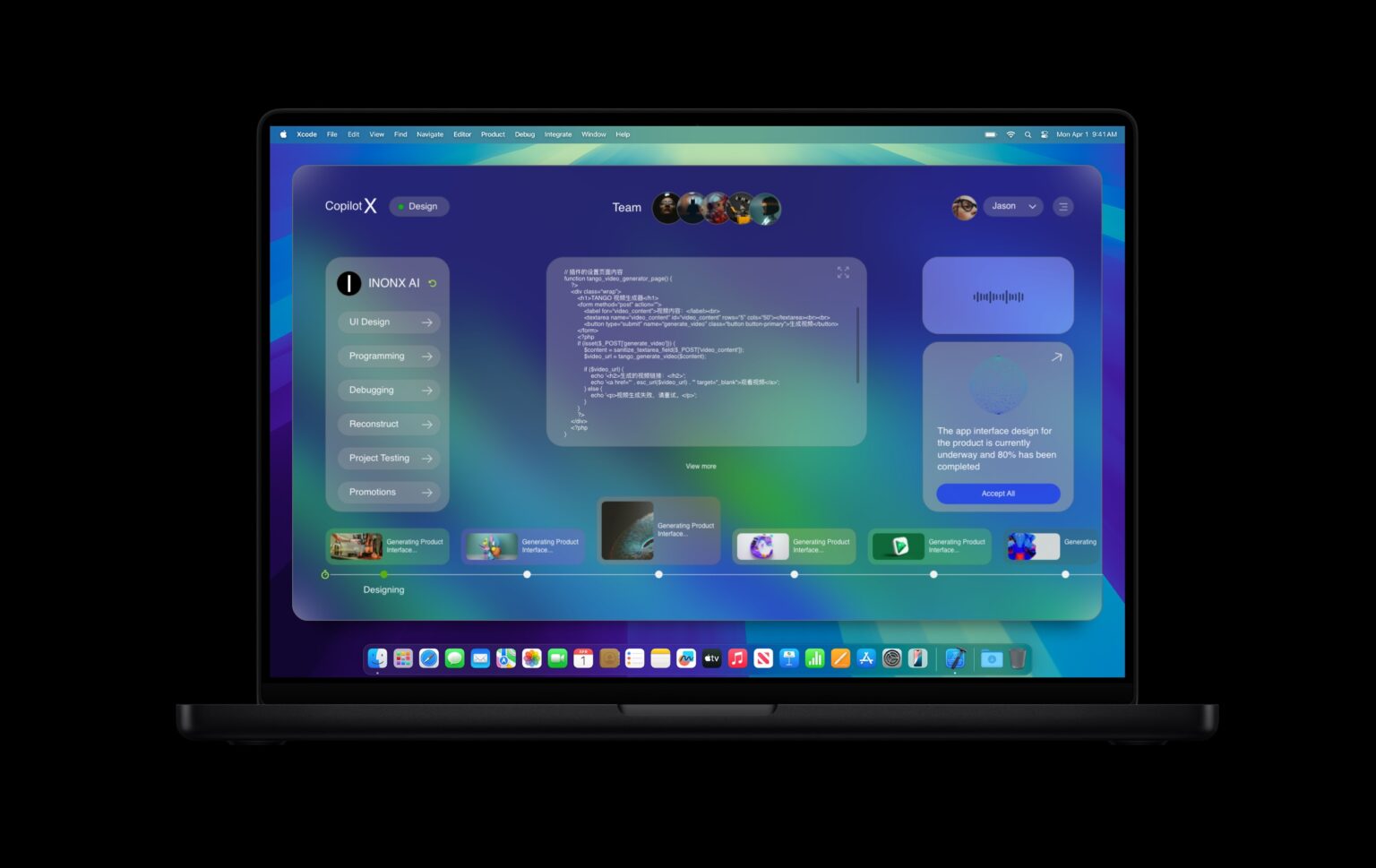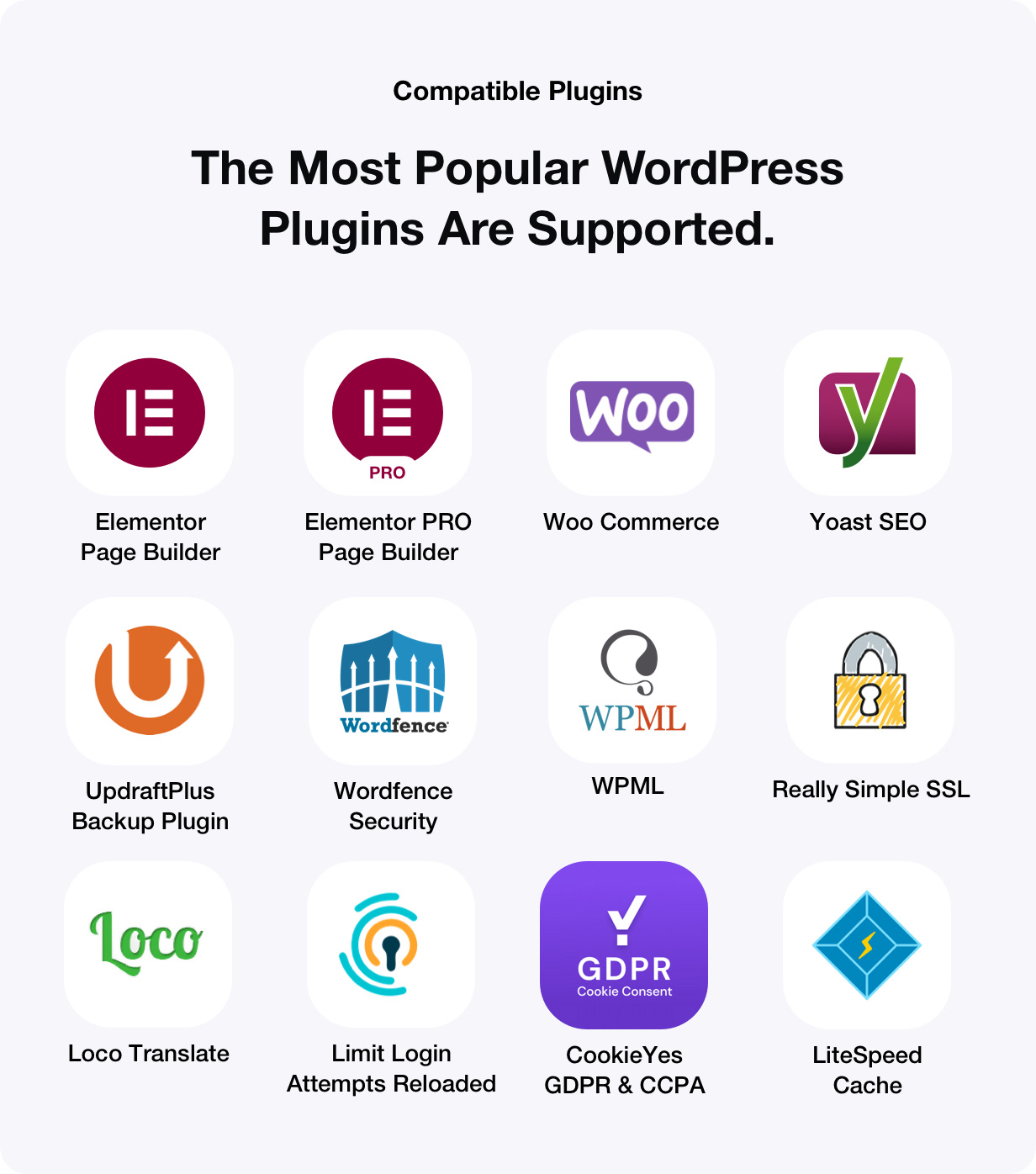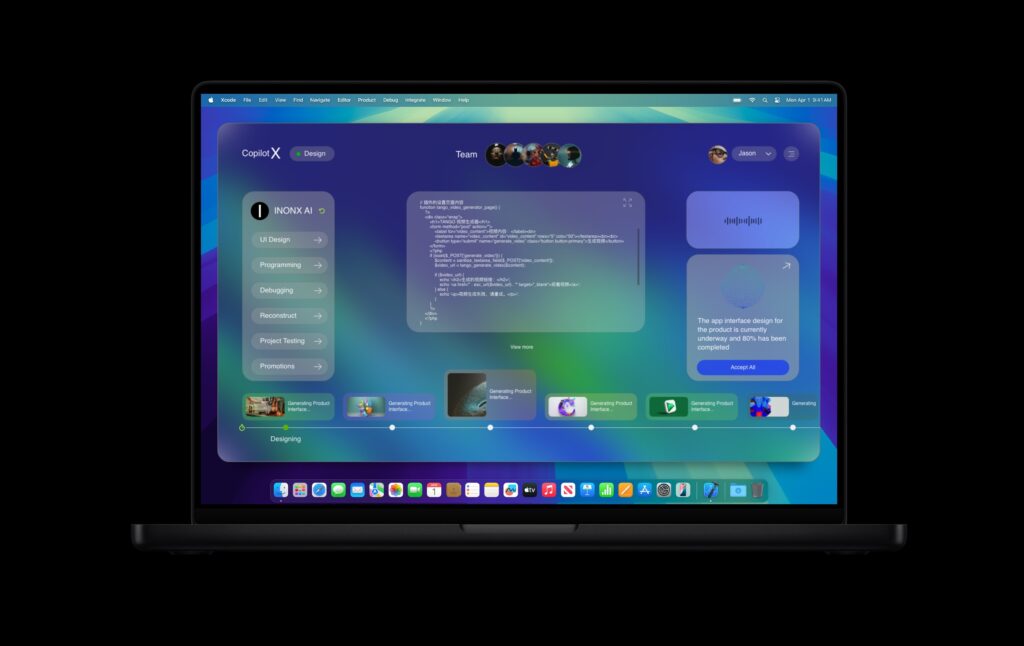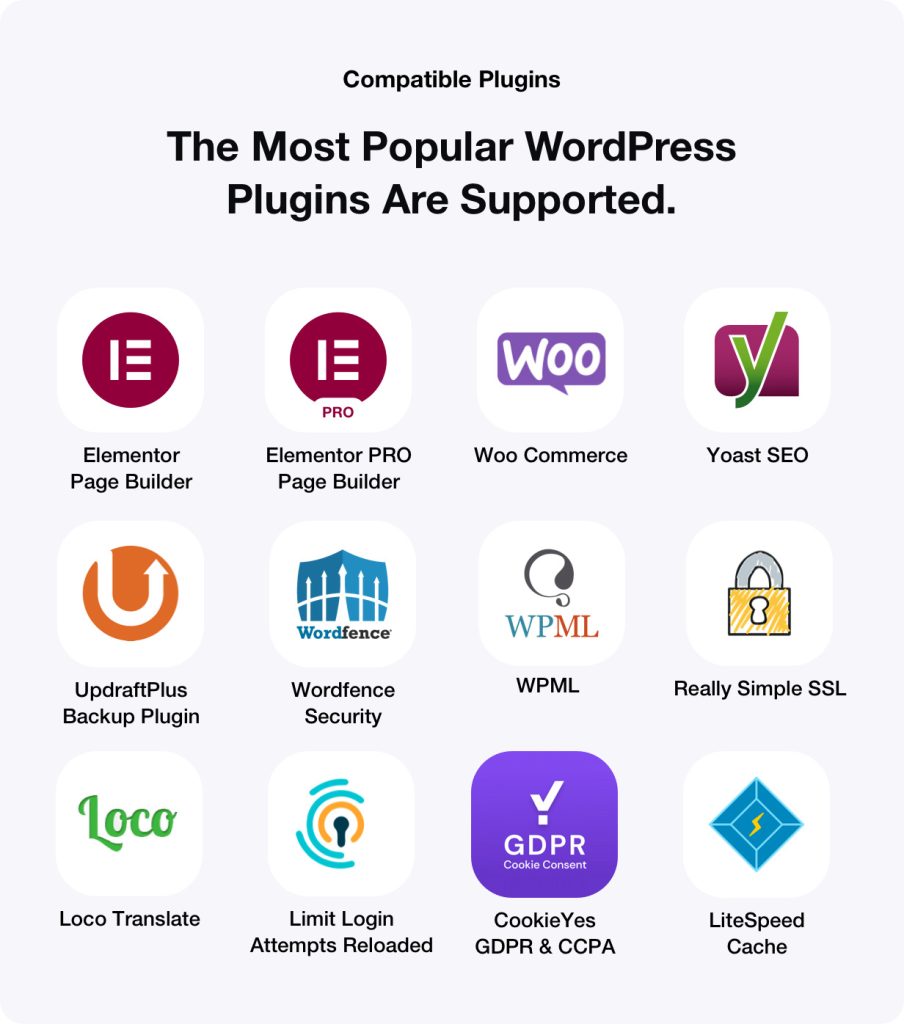In recent years, the rise of AI has fundamentally transformed the way industries operate, innovate, and deliver value. At the center of this revolution are AI large models, which have redefined capabilities in natural language processing, data analysis, and more. Fueled by innovative companies like AI21 Labs, the advancements in AI-based automation software are not merely trends; they are ushering in profound changes in various sectors, from healthcare to finance, education, and beyond. This article explores recent developments, applications, and the future of AI-powered technologies.
.The advent of AI large models has gained attention primarily due to their capability to process and analyze immense datasets, enabling a depth of understanding that surpasses traditional algorithms. Tech giants like OpenAI, Google, and AI21 Labs have pioneered this field, offering products that serve diverse needs in various industries. These models are incredibly versatile, enabling tasks as diverse as content generation, sentiment analysis, system optimization, and even coding assistance. The ability of large models to mimic human-like understanding and provide context-aware insights makes them indispensable in today’s data-driven climate.
.Industry applications of AI large models range from instant customer service chatbots to advanced data analysis tools in finance. For example, AI-based solutions can sift through vast amounts of financial records to offer real-time insights, predict market trends, or identify fraudulent activities. This capability not only enhances financial security but also improves operational efficiency, allowing organizations to make informed decisions faster than ever before.
.AI21 Labs is at the forefront of these innovations, providing powerful solutions that harness the potential of large models. Their flagship product, “Jurassic-1,” is an example of how AI can enable new ways to approach text generation and understanding. It offers unprecedented flexibility, allowing businesses to customize its use case according to their needs. Companies can integrate this technology into their customer interaction workflows, automate content creation, or even generate personalized marketing messages. The possibilities are nearly limitless, particularly as AI continues to learn and adapt over time.
.However, implementing AI-based automation software is not without challenges. Organizations must contend with issues of data privacy, model bias, and the need for substantial computational resources. Moreover, the integration of AI systems into existing infrastructures often requires a cultural shift within organizations—teams must adapt to new workflows and trust AI-generated solutions. Thus, successful AI adoption relies not only on technology but also on robust change management strategies.
.Another domain bolstered by the advances in AI large models is healthcare. AI-driven tools analyze medical histories and genomic data to offer personalized treatment plans. Predictive analytics allows for early disease detection by analyzing trends and patterns, assisting physicians in making informed decisions. AI21 Labs, for example, is working on projects that meld large models with health data, enhancing diagnostic accuracy and improving patient outcomes.
.AI-based automation software is also reshaping industries such as logistics, where real-time data analysis leads to optimized supply chains. By leveraging large models, companies can predict demand fluctuations, automate inventory management, and streamline distribution processes. In addition, predictive maintenance powered by AI helps organizations mitigate downtime, reducing costs associated with unexpected machine failures.
.As AI technologies continue to mature, we’re also noticing an expansion into education. AI-based platforms are providing personalized education experiences tailored to individual learning styles. By analyzing a student’s progress and challenges in real time, educational software can adapt instructional material, ultimately enhancing results. Companies like AI21 Labs are researching ways to develop intelligent tutoring systems that replicate the effectiveness of dedicated human tutors, offering scalable solutions to address educational disparities.
.On the consumer front, companies increasingly rely on large models for marketing automation. Automating social media content and crafting targeted ads based on user behavior are just a few examples of how AI-based solutions can enhance customer engagement and boost ROI. Brands offering tailored experiences powered by large models are experiencing higher customer satisfaction rates, underscoring the importance of AI in modern marketing strategies.
.Going deeper into the technical insights, the architecture behind AI large models, such as transformers, utilizes mechanisms that allow them to weigh the significance of different input data elements. This capability enables them to discern complex relationships within data. As these models evolve, so too do the techniques for training and utilizing them, from transfer learning to fine-tuning, making them more accessible for businesses without extensive AI expertise.
.Considering the trajectories of AI and large models, it’s clear that the future is bright. The ongoing trend towards democratization of AI is lowering barriers to entry for businesses looking to adopt these technologies. Open-source initiatives and cloud-based services are empowering small and medium enterprises (SMEs) to leverage AI capabilities previously only accessible to larger corporations.
.AI21 Labs and similar companies play a critical role in this transformation. Their commitment to advancing AI technologies while prioritizing ethical considerations and effective implementation strategies positions them as leaders in this rapidly evolving field. This focus is echoed in their efforts to develop models and tools that prioritize bias mitigation, transparency, and user control, thereby fostering trust in automated solutions.
.In conclusion, the convergence of AI large models and automation software is reshaping industries in unprecedented ways. With leaders like AI21 Labs driving innovation forward, businesses must remain agile, adapting to new technologies and harnessing their potential for growth. The future is not a distant dream; it is unfolding right now as companies worldwide integrate these transformative tools into the fabric of their operations. As industries navigate this AI-driven landscape, embracing change and fostering collaboration between humans and machines will be key to unlocking new possibilities and achieving sustainable success.
**Sources:**
1. “Understanding Large Language Models.” OpenAI. Retrieved from [OpenAI](https://www.openai.com/research/language-models).
2. “AI21 Labs Releases Jurassic-1, the First AI Language Model with 178 Billion Parameters.” AI21 Labs. Retrieved from [AI21 Labs](https://www.ai21.com/blog/2021/10/07/jurassic-1).
3. “The Role of AI in Supply Chain Management.” McKinsey & Company. Retrieved from [McKinsey](https://www.mckinsey.com/industries/supply-chain/our-insights/the-role-of-ai-in-supply-chain-management).
4. “AI in Healthcare: Transforming the Future of Patient Care.” Forbes. Retrieved from [Forbes](https://www.forbes.com/sites/bernardmarr/2021/08/24/how-ai-is-transforming-healthcare/).
5. “Personalized Education Powered by AI.” EdTech Magazine. Retrieved from [EdTech Magazine](https://edtechmagazine.com/higher/article/2022/04/how-ai-driving-personalization-college-learning).
Through these sources, readers can explore a deeper understanding of the concepts discussed, the potential they hold, and ongoing research in this vibrant field.

























